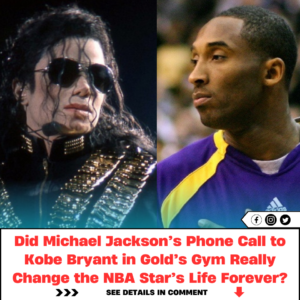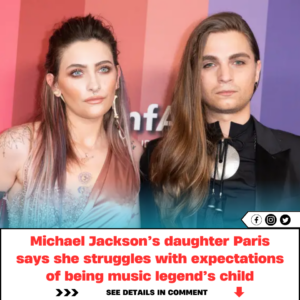Justices Elizabeth Grimes, John Wiley and Victor Viramontes wrote in an opinion filed Friday and obtained by Page Six that the deceased pop icon’s companies may be held liable for any alleged abuse he committed.
“Plaintiffs had every right to expect defendants to protect them from the entirely foreseeable danger of being left alone with Jackson,” the court documents state.
Pro dancer Robson, 40, first filed his suit against the late King of Pop in 2013, alleging at the time that he had been molested and raped by the “Smooth” criminal singer when he was just a child, specifically from the ages of 7 to 14.
Actor Safechuck, 45, then sued the following year, claiming that Jackson had groomed him for sex when he first appeared in a Pepsi ad alongside the star at age 10.
Both men’s claims garnered a national platform with the release of HBO’s “Leaving Neverland” documentary in 2019.

The late King of Pop’s companies may be liable for his alleged misconduct.AFP/Getty Images
However, after California Gov. Gavin Newsom signed a law in 2020 giving those who allege childhood sexual abuse longer to file lawsuits, the cases were reopened in appeals court.
Another judge then tossed out the cases again in 2021, with a judge writing at the time that there was “no evidence supporting plaintiff’s contention that defendants exercised control over Jackson.” Friday’s opinion reverses those decisions.

Robson, seen here, and Safechuck have taken legal action against Jackson’s estate for years.Getty Images

Both cases have been thrown out before multiple times.Jordan Strauss/Invision/AP
Jonathan Steinsapir, attorney for Jackson’s estate, tells Page Six in response, “We are disappointed with the Court’s decision. Two distinguished trial judges repeatedly dismissed these cases on numerous occasions over the last decade because the law required it.”
“We remain fully confident that Michael is innocent of these allegations, which are contrary to all credible evidence and independent corroboration, and which were only first made years after Michael’s death by men motivated solely by money,” the lawyer continues.
“We trust that the truth will ultimately prevail with Michael’s vindication yet again. Michael Jackson himself said, ‘lies run sprints, but the truth runs marathons.”

An attorney for Jackson’s estate tells Page Six they are “disappointed” over the decision.AP
Bombshell allegations were again resurfaced in the latest filing, stating in part about Safechuck that “from 1988 through 1992, Jackson abused plaintiff hundreds of times in various locations. Jackson performed a ‘marriage’ with plaintiff with a ring and a signed document to pretend they got married.”
“Whenever plaintiff visited Jackson’s Neverland Ranch, he slept in Jackson’s bedroom,” the claims continued. “They would ‘mess up’ another bedroom to make it seem as if plaintiff had slept there.”
According to the court documents, Jackson’s employees allegedly “witnessed the sexual abuse” or “circumstances suggesting sexual abuse.”
“Defendants’ security guard, Charli Michaels, saw Jackson put his hand on Robson’s crotch area while they were on the amusement park rides at the Neverland Ranch,” the records also claim. “On another occasion, she saw Jackson holding Robson’s genitals in the dance studio at the ranch.”

Robson claims his abuse took place between the ages of 7 and 14.

Safechuck has alleged that the deceased pop star “groomed” him after they starred in a Pepsi ad together.Getty Images
Security staff also allegedly joked that Jackson did not have any girlfriends because he liked “little boys” and “little white butts,” per the court papers.
According to People, one of the plaintiffs’ attorneys Holly Boyer said during a video conference hearing on July 26, “The defendants ignore the fact that Jackson’s house was staffed with employees who enacted policies and procedures to isolate Jackson and these children knowing that Jackson had sexually abused minors before and was sexually abusing these plaintiffs.”
A court date for the trial has not yet been set. The case is reportedly set to move forward with a hearing unless defendants decide to bring it to the Supreme Court.





